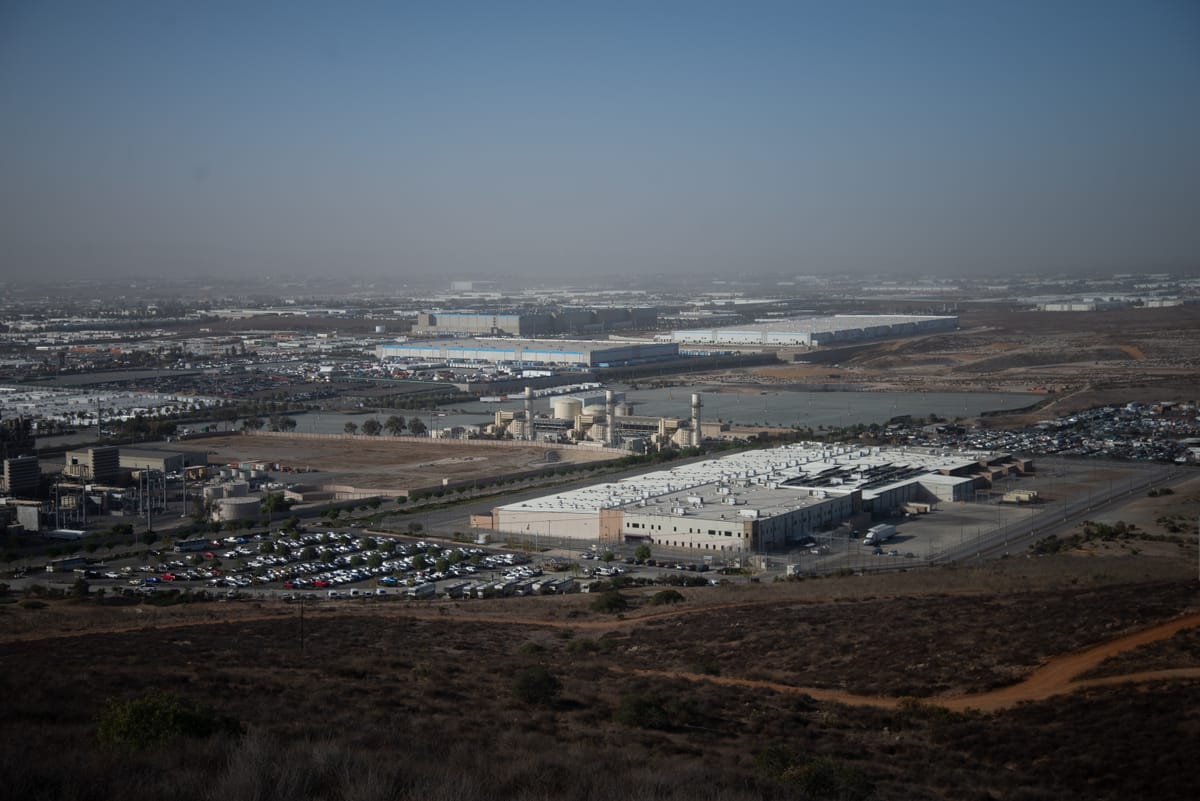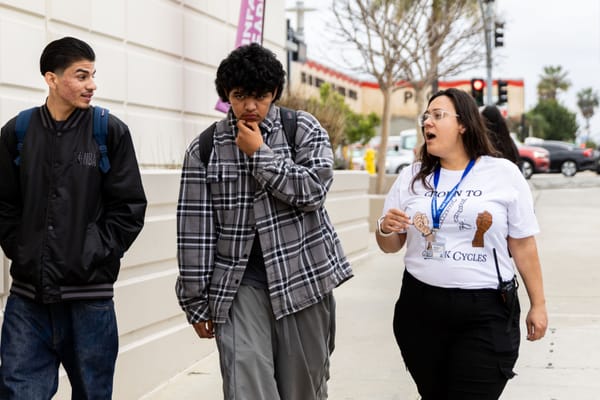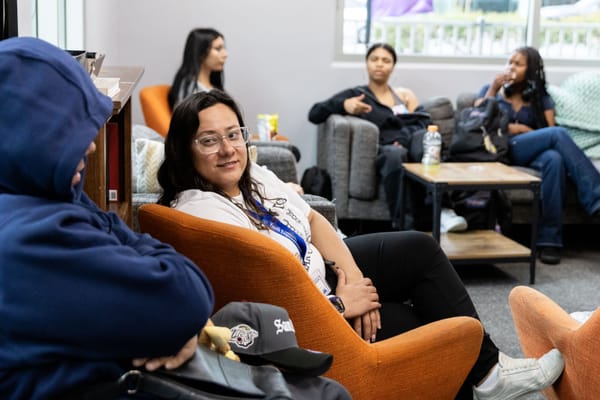A man in ICE custody at Otay Mesa Detention Center has been on hunger strike for more than two weeks

Matias, who is a dual citizen of Argentina and Italy, is asking for confirmation that the government received his application for a visa as a victim of human trafficking.
Written by Kate Morrissey, Edited by Lauren J. Mapp
A man at Otay Mesa Detention Center has been on hunger strike for more than two weeks.
Matias, who asked not to be fully identified, told Daylight San Diego on Monday that he was on day 12 of his hunger strike. The dual citizen of Italy and Argentina said that he was trying to get answers about an application he filed more than three months ago to request a visa as a victim of human trafficking.
“I feel dizzy, but I'm alright,” he said in Spanish. “I will continue until I have a positive response.”
Immigration and Customs Enforcement did not respond to a request for comment. U.S. Citizenship and Immigration Services, which is responsible for processing the visa application, said that it does not comment on individual cases.
Matias said the judge in his immigration court case is asking for proof that he filed the application, but he hasn't yet received a receipt for the T visa request he sent in early August. The judge told him he could only have one more chance to get the documentation together or his removal case will go forward anyway, he said. His deadline is early December.
“Today I bathed, and I saw my body was thin,” Matias said. “But I need a response. I don't want to leave the country.”
He said that he was working in Argentina when the country legalized medical marijuana, and he took a vacation to travel to California to understand how the industry operated here. When he went back to Argentina, he received a call from someone who offered him a good salary, a place to live and a work visa if he came back to California.
“I sold everything I had to come here,” Matias said. “I thought I was going to have a life here.”
The promise turned out to be a lie, he said. Matias found himself in a situation where his boss told him that he owed the boss money and that he had to work or the boss would call immigration officials and police. After more than half a year, he eventually got out and lived on the street for a time.
He said he was afraid to report the labor trafficking because of his boss’ threats about immigration officials and police.
Matias managed to rebuild his life, making a home for himself in Los Angeles. He was down in San Diego near the airport when immigration officials pulled him over and detained him, he said.
He doesn't want to go back to Argentina, he said.
“Now I have friends and a partner. I bought a car. I made a life,” Matias said. “My life is here. There, I don’t have anything.”






